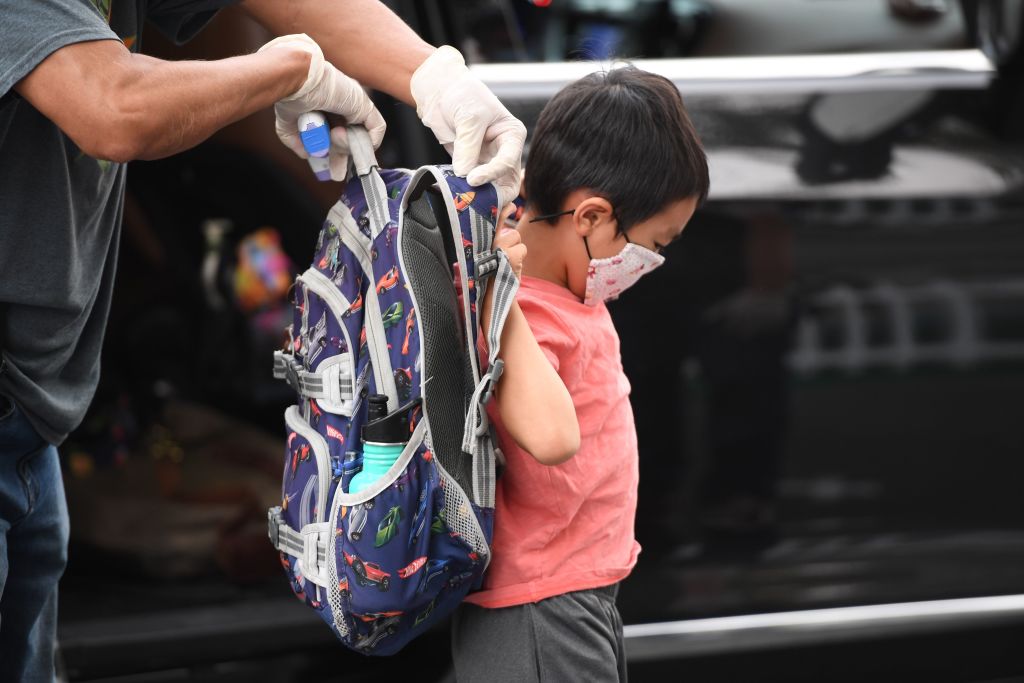
A nationwide study released Friday by researchers at UCLA has found that health inequities can be measured in children as young as 5 years old, with 30% of children in the lowest-income neighborhoods vulnerable in one more areas of health development compared with 17% of children in higher-income settings.
An assessment administered to more than 183,000 kindergarten students in 98 school districts from 2010 to 2017 found that income-related differences in developmental vulnerability varied substantially among children from different ethnic and racial groups, with Black children at the highest risk followed by Latino children, and Asian children at the lowest risk, according to researchers, whose study was published in Health Affairs.
Researchers said they found that the differences in developmental vulnerability between Black children and white children were most pronounced at the higher socioeconomic levels, tending to narrow for Black and white children from lower-income neighborhoods. Such early disparities can have a profound influence on the long-term development of children, leading to higher rates of chronic conditions such as diabetes, heart disease, drug use, mental health disorders and dementia as adults, according to researchers.
“Our findings underscore the pronounced racialized disparities for young children,” said the study's lead author, Dr. Neal Halfon, director of the Center for Healthier Children, Families and Communities at UCLA. “Many other studies have highlighted patterns of income and racial inequality in health and educational outcomes. What this study shows is that these patterns of inequality are clearly evident and measurable before kids start school.”
Researchers -- who trained kindergarten teachers across the U.S. to administer the Early Development Instrument (EDI) to measure children's physical, social, emotional and language development -- said the study underscores the value of understanding child-developmental inequities at the most “micro” levels.
The findings will help cities and local grassroots efforts to develop targeted support and services to address “racialized disparities,” said the study's co-author, Lisa Stanley, who is the project director for Transforming Early Childhood Community Systems at the UCLA Center for Healthier Children, Families, and Communities.
The study's authors also included Efren Aguilar, geographic information systems lead at the Center for Healthier Children, Families, and Communities at UCLA; Emily Hotez, project scientist at the Center for Healthier Children, Families, and Communities at UCLA; Eryn Block, Maternal and Child Health research fellow in the Department of Health Policy and Management at the Fielding School of Public Health at UCLA; and Magdalena Janus, professor of Psychiatry and Behavioral Neurosciences at McMaster University.



